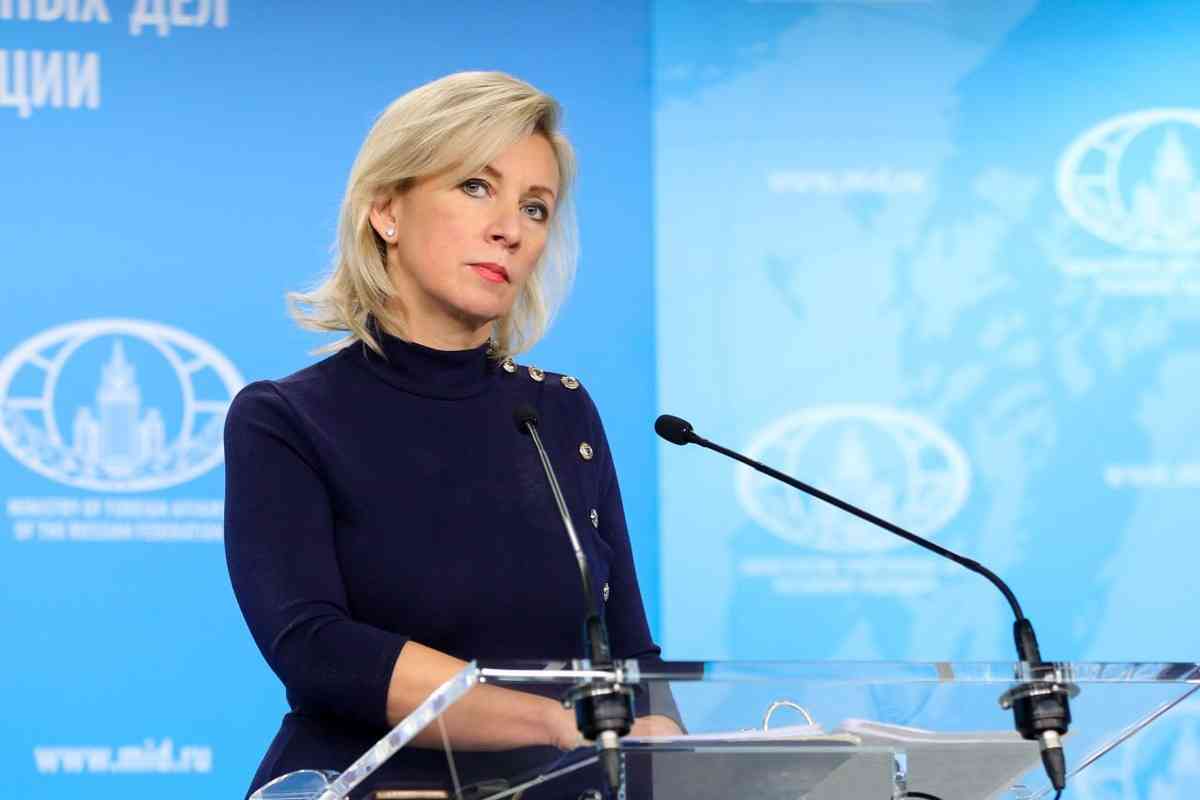
In the realm of international relations China and Russia seem to stand together like sworn Brothers collectively opposing the Democratic West. Yet recently leaked secret military documents have revealed that this relationship isn’t as solid as it appears. A February 28th Financial Times report on 29 leaked documents revealed that the Russian military has been training with tactical nuclear weapons for early stage conflicts with global Powers including China. Drafted between 2008 and 2014 these documentsauthenticated by experts show Russia’s readiness to use tactical nuclear weapons more readily than previously admitted a stance still pertinent to its modern military approach.
Despite a pledge between China and Russia in the year 2001 to refrain from first use of nuclear weapons against each other these documents expose Moscow’s doubts about Beijing. The Russian Eastern military District’s simulations of various Chinese Invasion scenarios indicate Russia’s preparedness for a nuclear first strike in certain combat conditions including using tactical Nuclear responses to prevent further Chinese aggression. Professor Yao Yuan Yeh, an Associate Professor Centre for International Studies chair at the University of St Thomas in the United States remarked that China and Russia have long had territorial disagreements while their bilateral relationship has grown stronger.
It doesn’t ensure Perpetual Harmony, he points out the vulnerability of Russia’s Siberian defences due to its focus on Ukraine posing a potential risk of Chinese aggression. Shen Ming Shih, director at Taiwan’s Institute for National Defense and security research finds the revelation unsurprising attributing it to the fundamentally interest-driven nature of the China Russia relationship. He notes Xi Jjinping’s assertive stance on China’s power and territorial ambitions since 2012 has led the US to view China as an ascending superpower. Russia’s aggressive actions in Ukraine further complicate matters as its impact on NATO and Europe positions the US against two formidable opponents. Shih warns that the China Russia Alliance could face strains should their Mutual interests diverge. Professor yaa further comments on the fragile nature of the alliance built on mutual interest rather than shared democratic values contrasting it with the more stable partnerships between democratic nations. Dictators may discard these values when convenient indifferent to whether their allies are democracies or dictatorships. Albert, an expert from a British Think Tank observed that despite closer ties post-military simulations Moscow is still bolstering its eastern defenses with many systems aimed at Chin. However, the CCP asserted there was no base for mistrust towards Moscow and the Russian side remains Silent not responding to media inquiries for comments, Ultimately Professor yao Yuan Yeh stated that for China recognizing such documents offers no advantage. It’s better to publicly deny them while privately reassessing strategic plans. He also emphasized that whether or not this news has strained China-Russia relations, it’s crucial for both parties to keep up their act at this stage.
The relationship between Russia and China is multifaceted, encompassing trade, defense, and geopolitical interests. However, beneath the surface lies a longstanding territorial dispute that occasionally strains their otherwise cooperative ties.
Bolshoi Ussuriysky Island, situated at the confluence of the Ussuri and Amur rivers, has been a bone of contention between Moscow and Beijing for decades. Known as Heixiazi in Chinese, this 135-square-mile piece of land has seen conflicting claims.
Recently, China published an official map that raised eyebrows. The map, released by the Ministry of Natural Resources, asserts control over disputed territories along its southern border with India and even encompasses Taiwan. Most notably, it claims the entirety of Bolshoi Ussuriysky Island, disregarding the bilateral agreements that divided it between Russia and China.
The Russian Foreign Ministry swiftly rejected China’s apparent claim. Spokesperson Maria Zakharova emphasized that the territorial dispute had been resolved more than 15 years ago through bilateral agreements. She cited the 2005 Supplementary Agreement on the Russian-Chinese state border, which delineated the island’s division. Zakharova underscored the importance of maintaining stable relations and resolving border disputes amicably.
While both nations publicly affirm the absence of mutual territorial claims, there’s an undercurrent of distrust. Russia’s strategic concerns include China’s demographic pressures spilling across the border, resource competition, and Beijing’s assertiveness in the region. Moscow treads carefully, balancing cooperation with vigilance.
- The brains behind Matavire’s immortalisation
- Red Cross work remembered
- All set for inaugural job fair
- Community trailblazers: Dr Guramatunhu: A hard-driving achiever yearning for better Zim
Keep Reading
The Russia-China territorial dispute remains a delicate issue-one that requires deft diplomacy and adherence to established agreements. As both countries navigate their complex relationship, the world watches closely, aware that the stability of this crucial region hinges on their ability to manage their differences.







